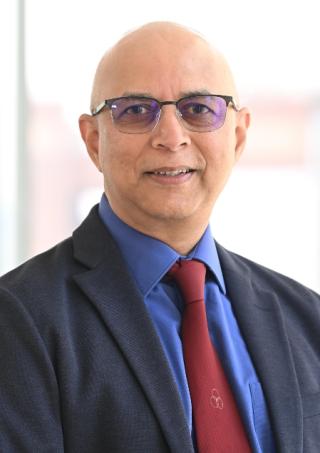315 Studies Now Enrolling
Child to Adult Neurodevelopment in Gene Expanded Huntington's Disease (ChANGE HD - Peds)
ChANGE HD
| Sponsor: | National Institute of Neurological Disorders and Stroke NINDS |
| Enrolling: | Male and Female Patients |
| Study Length: | 5 Years |
| Clinic Visits: | 5 |
| IRB Number: | AAAS8743 |
| U.S. Govt. ID: | NCT01860339 |
| Contact: | Mia Parker: 212-305-1647 / mnp2135@cumc.columbia.edu |
Additional Study Information:
Child to Adult Neurodevelopment in Gene Expanded Huntingtons Disease (ChANGE HD) HD has long been considered an adult-onset disease. However, research has shown that brain changes are evident before motor symptoms begin. In fact, the gene responsible for HD plays a role in brain development and is present throughout the lifespan. With gene knockdown therapy showing promise for the treatment of HD, it is essential to understand how removing or disabling the gene could impact brain development. ChANGE HD is an NIH-funded multi-site observational study. In addition to the prime site University of Iowa, the study is being conducted at Columbia University Medical Center, Children's Hospital of Philadelphia (U Penn), University of California-Davis and University of Texas- Houston. The study aims to explain how the gene responsible for HD affects brain development, and we hope to find a way to identify the best time for gene therapy during development. Young people who are between the ages of 6 and 30 and are at risk for HD are eligible to participate in this study. "At risk" means someone who has a parent or grandparent who has HD. We plan to study brain structure and function. To examine brain structure, we use Magnetic Resonance Imaging (MRI) to measure the volume of different parts of the brain. To examine brain function, we administer assessments to measure attention, reasoning, memory, movements, coordination and balance. We also use questionnaires that ask about mood, relationships. hobbies and talents. Testing takes about 6 to 8 hours, and participants are compensated for their time and effort. For more information contact PI Ashwini K. Rao at akr7@cumc.columbia.edu.
This study is closed
Do You Qualify?
| Is the participant between the ages of 6 and 30? | Yes | No |
| Does the participant have a parent/grandparent with a positive Dx of HD (participant genetic status does not need to be known)? | Yes | No |
| Does the participant have age-appropriate knowledge of HD? | Yes | No |
| Does the participant have braces or any other metal in their mouth? | Yes | No |
| Is the participant symptomatic for HD? | Yes | No |

